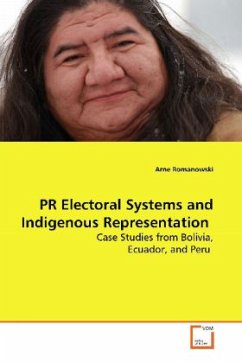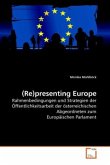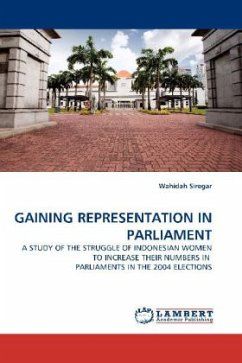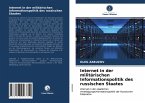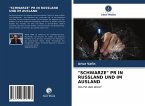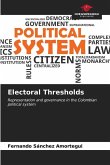The central question of this analysis is how the
proportional representation electoral systems in
Bolivia, Ecuador, and Peru are linked to indigenous
political representation. I argue that the electoral
system and its affect on party structures and party
development are part of the reason why indigenous
people, who make up a great part of the population in
these three countries, are chronically
under-represented in their political systems. In
these case studies, district and national level data
from two recent elections for the national
legislatures was analyzed in terms of indigenous
party formation and success. The study concludes
that the institutional factors that were considered
have a negative influence on indigenous
representation in Bolivia, Ecuador, and Peru, but
could gain more explanatory power if viewed in
connection with social-economic factors, such as
indigenous cultural values and poverty.
proportional representation electoral systems in
Bolivia, Ecuador, and Peru are linked to indigenous
political representation. I argue that the electoral
system and its affect on party structures and party
development are part of the reason why indigenous
people, who make up a great part of the population in
these three countries, are chronically
under-represented in their political systems. In
these case studies, district and national level data
from two recent elections for the national
legislatures was analyzed in terms of indigenous
party formation and success. The study concludes
that the institutional factors that were considered
have a negative influence on indigenous
representation in Bolivia, Ecuador, and Peru, but
could gain more explanatory power if viewed in
connection with social-economic factors, such as
indigenous cultural values and poverty.

